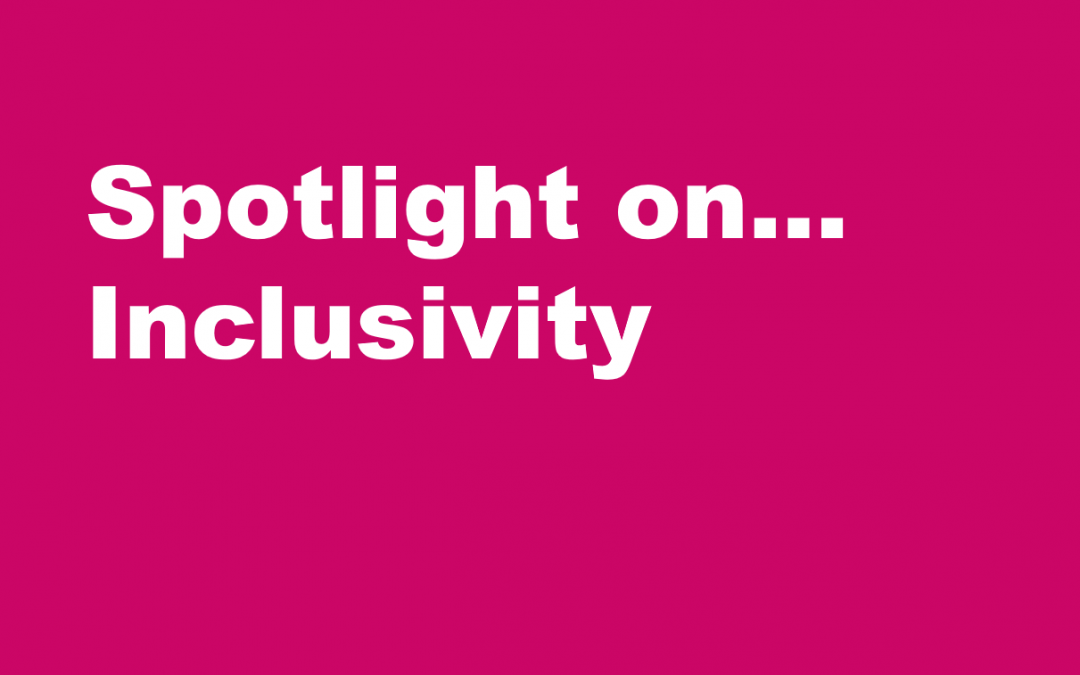Promoting and supporting inclusion and diversity within a workplace is about valuing everyone and appreciating we’re all different. Irrespective of our culture and nationality, our gender, race, sexuality, or educational background, it’s about creating an environment where everyone feels valued and can reach their potential.
Why be more inclusive?
There is no one reason why you should become more inclusive, but here’s some benefits inclusivity in the workplace brings:
- Team bonding – by becoming more open minded, you create stronger team bonds.
- Increased productivity – it helps with co-operation, so you deliver better results.
- Better working environment – it reduces competition and improves your working environment.
- Encourages connectivity – reduces the toxicity in the work place, helping people to work together, despite differences in cultures, personalities and diversities.
- Personal growth – working with people from different backgrounds and different experiences, allows us to learn and grow from one another.
Six ways to become more inclusive
No one can make you become more inclusive, you need to do it yourself. Here are six strategies you can implement to promote inclusivity and diversity in your workplace.
1. Education, education, education
Through developing a better understanding of different cultures and perspectives, you can improve your communications with team members, managers and your customers.
Take time to learn about different cultural traditions and approaches to work and keep up to date with international news. Observe celebrations, and holidays from other cultures and be sensitive to your colleagues’ regular cultural or religious practices.
2. Seek out others’ opinions
Ask for new perspectives on workplace challenges you’re experiencing. People from different backgrounds and cultures may take a different approach to them, offering valuable insight gained from their wealth of life experiences and may offer a solution you didn’t think of.
3. Give a little respect
Be considerate and sensitive to the boundaries and expectations of others. Don’t treat people how you want to be treated, but how they want to be treated. Remember, something you’re comfortable with may conflict with someone else’s values – being aware of how different cultures perceive a handshake, maintain eye contact, or personal boundaries can help to prevent misunderstandings. If you are not sure, ask the question. If you accidentally cause offence, give an apology.
4. Empathise
Put yourself in the shoes of others and look at things from their perspective. By taking a compassionate approach and trying to understand others view point, you will become more inclusive and it will also help those around you to do the same.
5. Contribute
Diversity takes different forms and you should value the cultural value you bring to your organisation. Embrace it and work with others who are different from you to build an understanding. Get to know your colleagues personally and find common ground – this will help to appreciate your differences and help build a welcoming place to work.
6. Be open
If you can open your mind and try to get know a colleague who’s different from you, both of will become more inclusive. Don’t judge people but try to be curious about them. As you begin to find out a person, you will also learn a lot from that person.
If you follow these six steps, you’ll find becoming inclusive will be much easier for you than you think.

